
What is it like working on the game industry’s boldest new frontier?
To round off our PlayStation VR Worlds week, we caught up with executive producer Brynley Gibson to chat about the various challenges he and the team at London Studio encountered as they took their maiden voyage into VR game development.
Like most journeys into the unknown, there were plenty of hurdles to overcome and lessons to be learnt. Reflecting on three years of pioneering development, Brynley talks us through the most important lessons the team took away.
1. The rules have yet to be written
“One of the really exciting things is that, while in traditional gaming there’s a language that already exists – we know, for example, a red barrel will explode if we shoot it – there’s a new language for VR to be explored and discovered simply by trying things out. Over the next few years we’ll start to see some conventions come together, but right now it’s very open – it’s like a wild west.
“What genres are best? What works really well? There was a time when the first-person shooter didn’t exist. It’s hard to remember, but that was the case. Now it’s established and there are even sub-genres within it. In VR, we’ve not yet reached that point, and as a game developer that is one of the most exciting things you can do.”
2. The biggest challenges aren’t always the most obvious
“When I joined the project, games accessibility was something I felt quite passionate about. I remember talking about about subtitles and people telling me, ‘We can’t do subtitles in VR – it’s not possible.’ They explained why, of course: you’re in a 3D world and you’ve got a floating text box to add – how do you achieve that?
“Still, I thought that there should be a way around it, so that the languages we don’t localise dialogue in or people with hearing impairments can play and enjoy the full experience. So there was a whole creative, technical challenge of how we could get it to work. We came up with a plan and we’ve implemented it into the game.”
3. VR makes everything more intense
“One of the things we find when people experience VR is that emotional engagement is enhanced and, as a result, something very mundane can suddenly become very cool.
“A perfect example happens in The London Heist. At one point you can use your virtual hand to open a drawer – extending the Move controller like you would in real life, grasp the trigger as you would the handle and then you pull. Just as it would in real life, the drawer opens and closes, one-to-one.
“It’s something so simple and if you did that in a normal game it would be ‘press X to open drawer’ but suddenly in VR it’s transformed. The first time you do it, you’re like “wow!” Now, if VR can make opening a drawer exciting, then when you do something really intense, like hand the player a gun, it goes up by a huge factor.”
4. Not everything works
“There are some games that naturally transfer from traditional gaming to VR very easily – like cockpit games, tanks, flight simulators. It works well in traditional mediums and it works well in VR, too.
“Other genres, though – like first-person shooters – don’t translate across straight away. Right now, lots of people are trying out different ways of recreating locomotion and while we’ve got some of that in PlayStation VR Worlds, it’s certainly an area to explore.”
5. VR changes how we think about gaming
“‘Game’ is a misnomer for what we make. It comes from that historical root of video games being a recreation of card games or sports. Ultimately, they’ve become more than that – they’re a multimedia experience.
“It drives me up the wall when I hear people say ‘oh, that’s not a game’, when what they mean is ‘that’s not one of the set, traditional genres I’m used to’. These new types of experiences really are games and I do think virtual reality will push the medium further.
“We often talk about experience when we talk about VR and that’s partly because some things we’re doing are non-traditional, but it’s also partly in reference to the feeling you get from VR – that enhanced emotion I mentioned. I think it will allow developers to do some very experimental things. It’s a really exciting time to be working in games.”



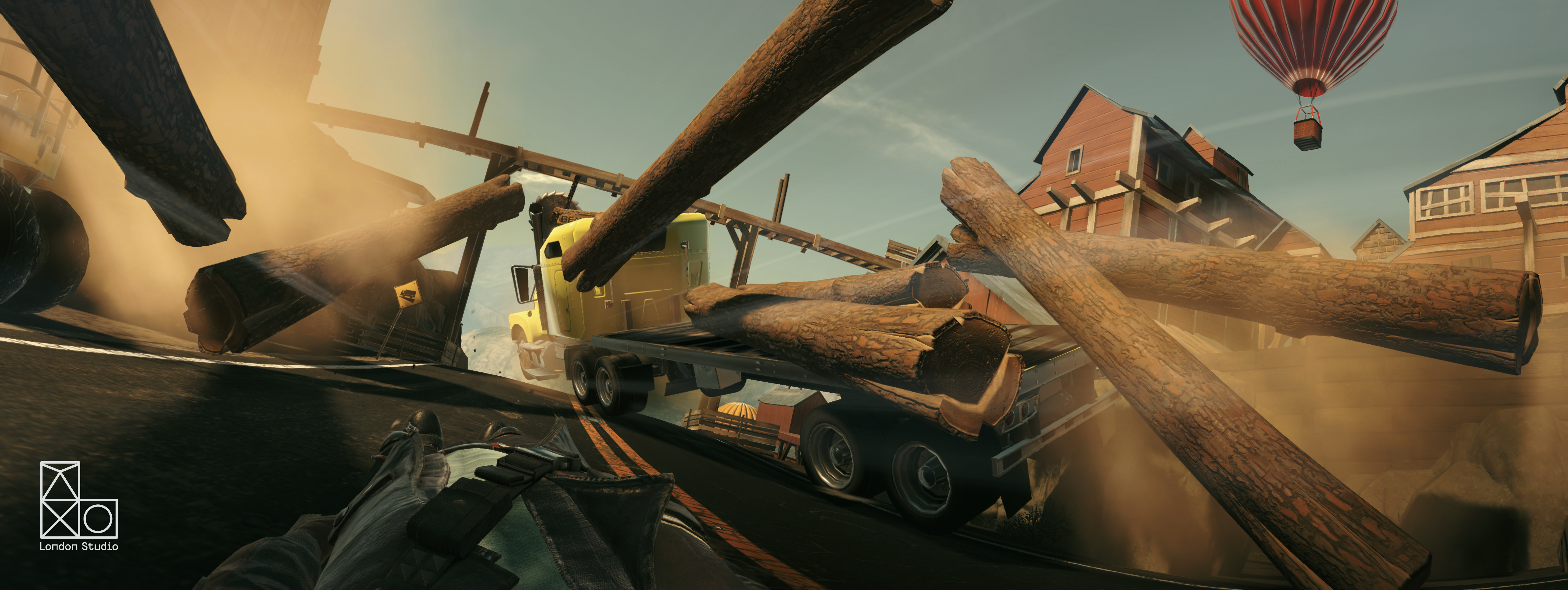
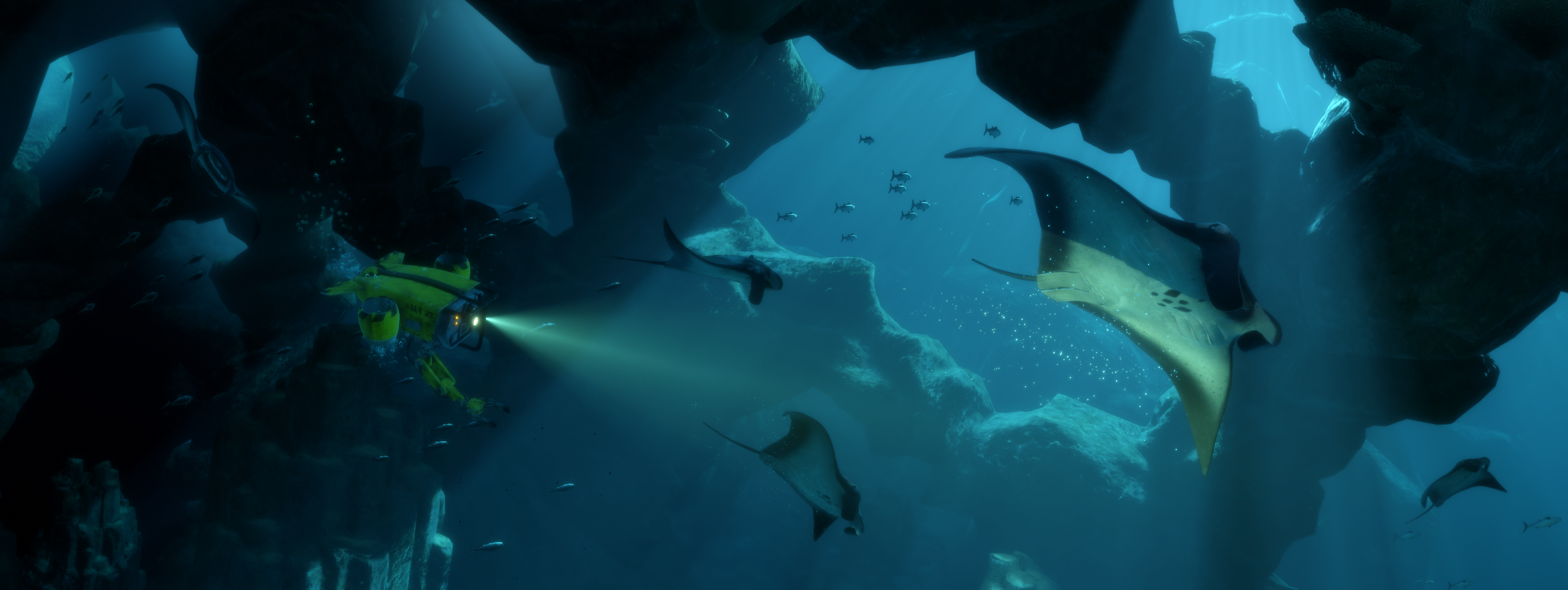
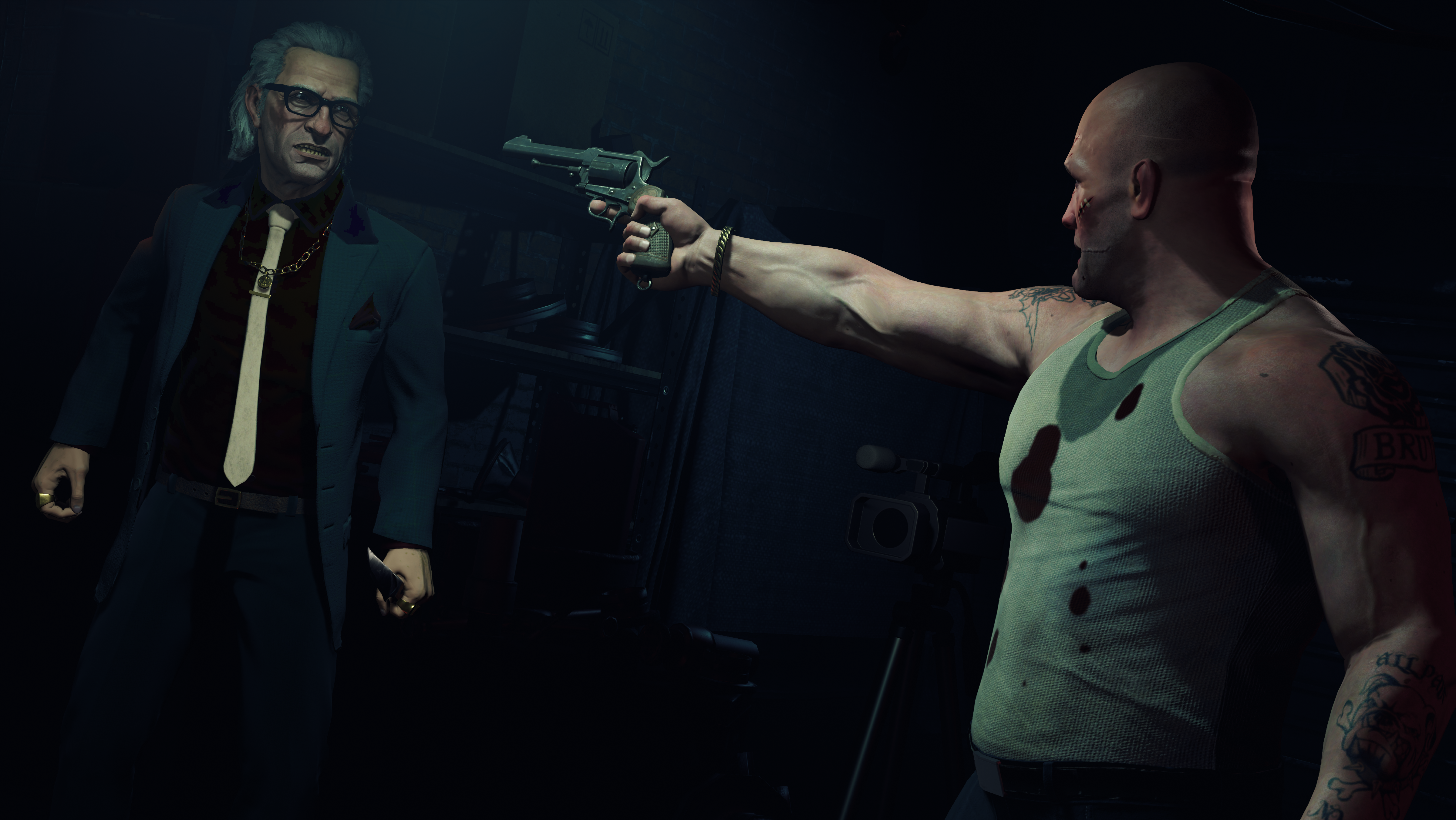
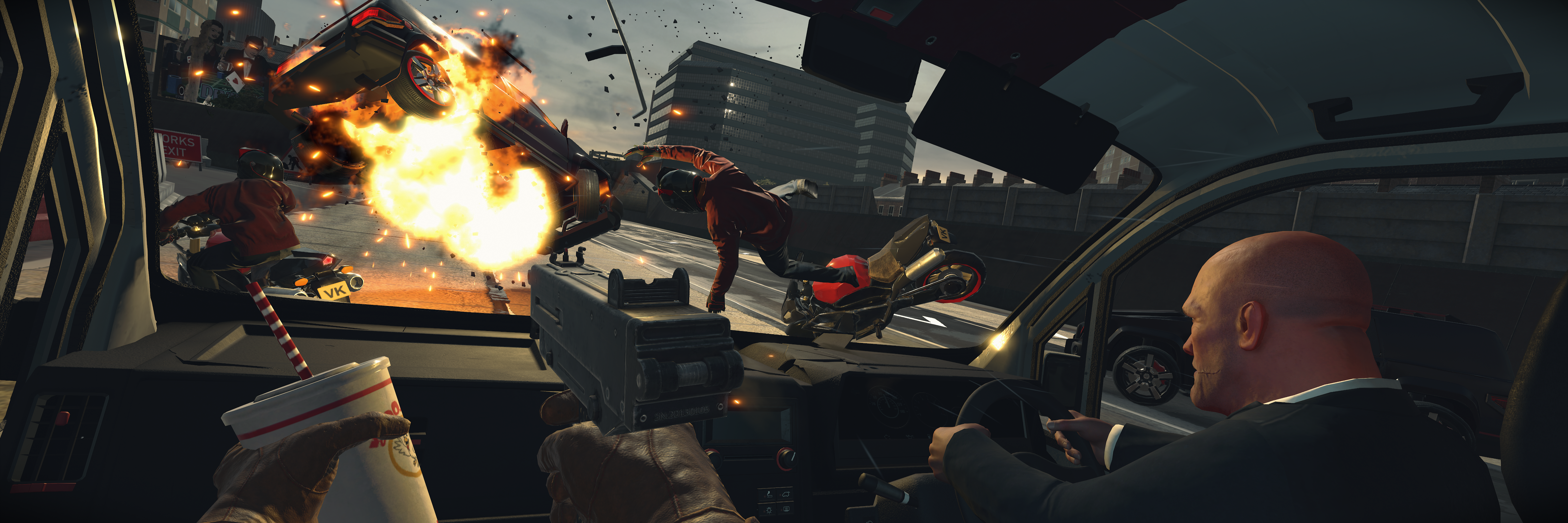
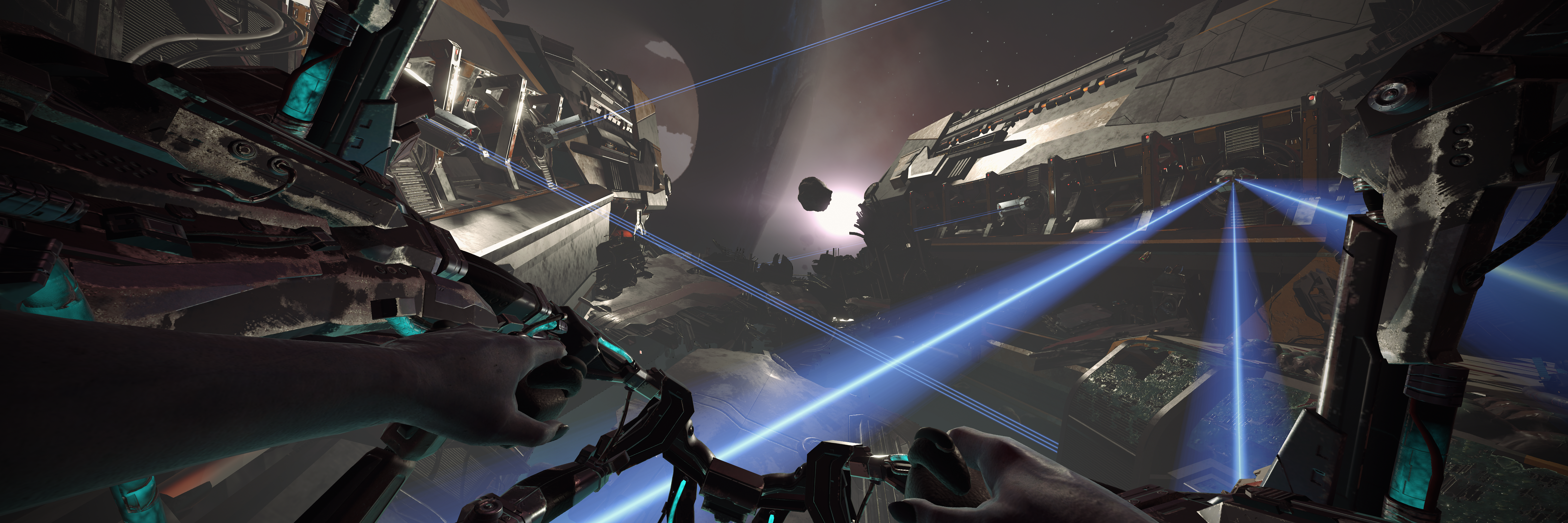

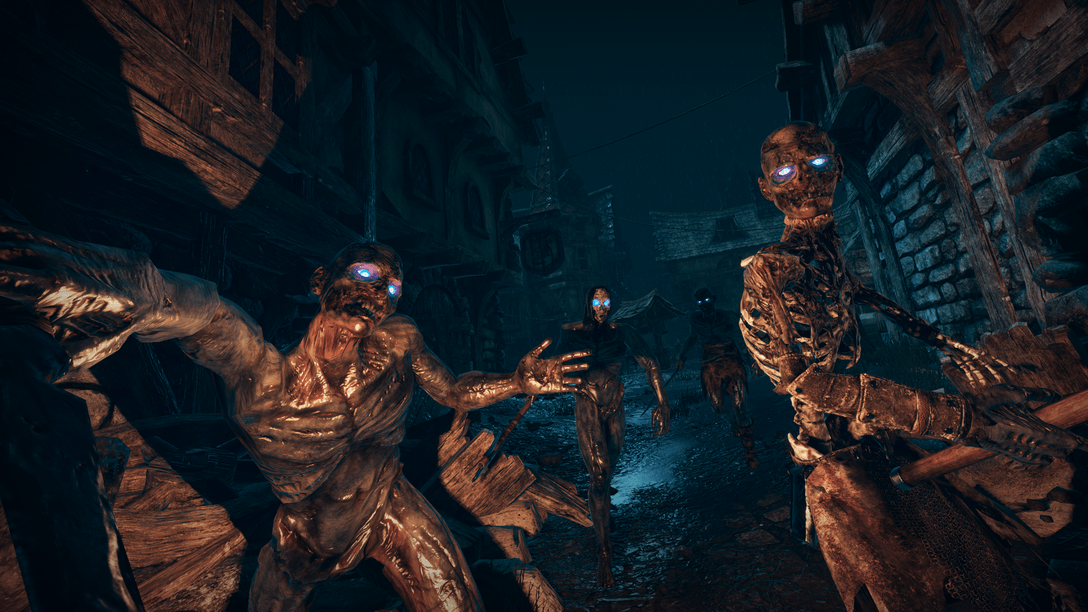
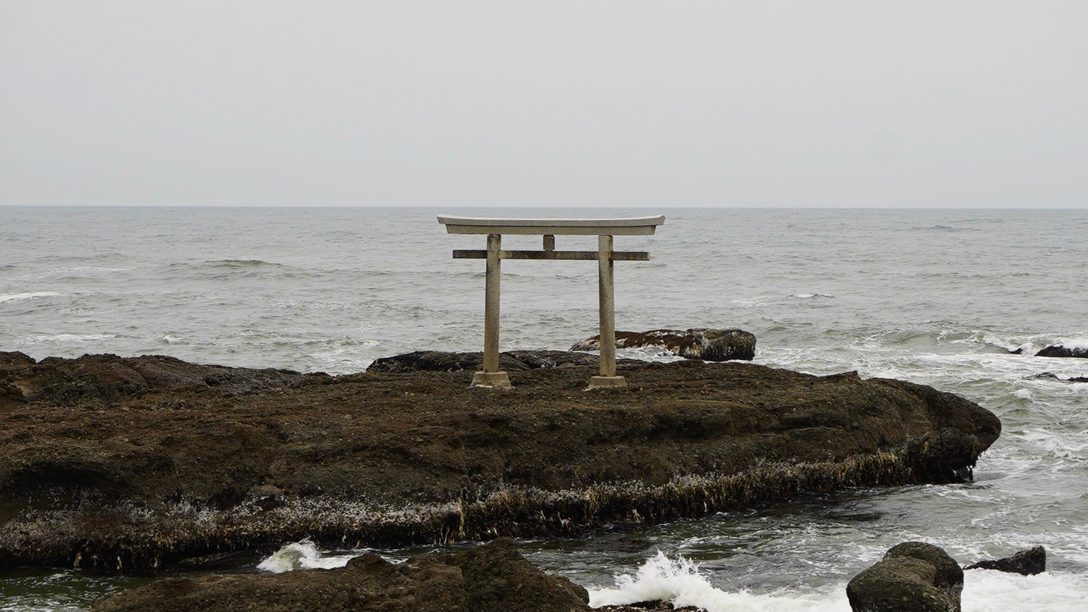
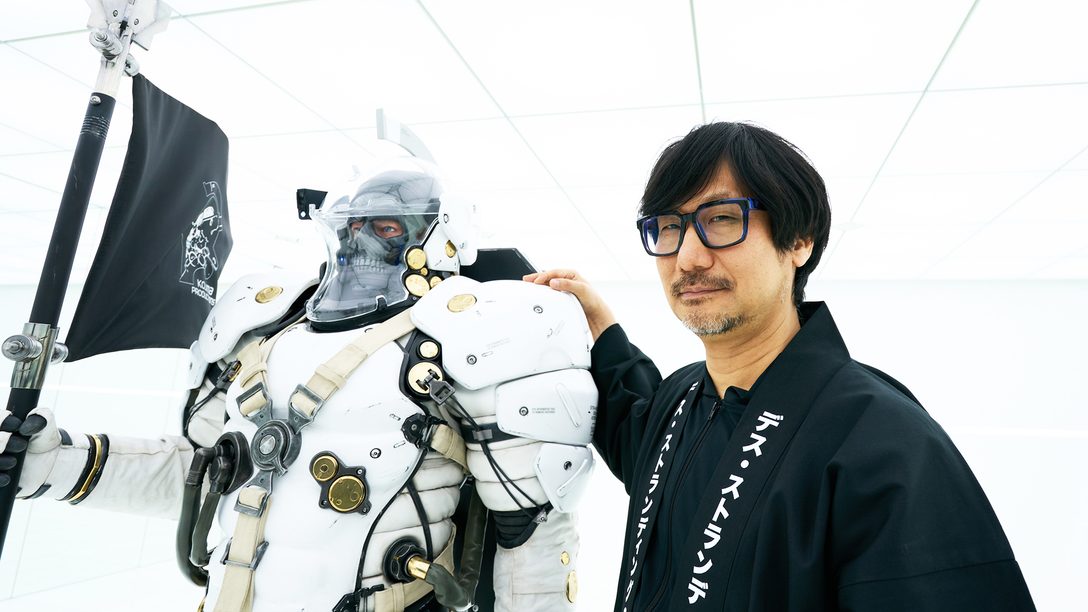

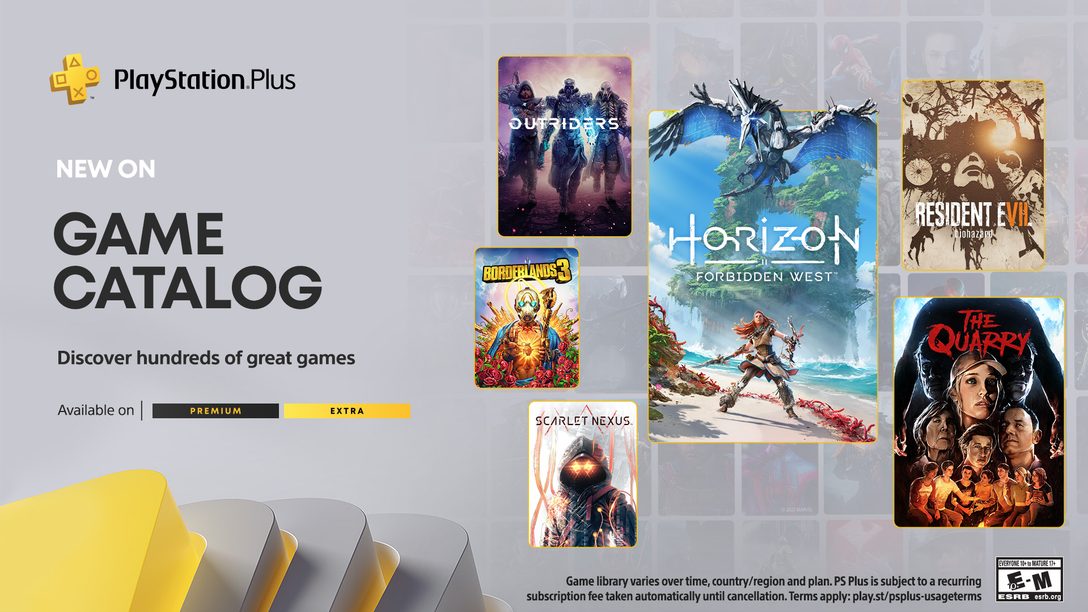


Join the Conversation
Add a CommentBut don't be a jerk!
2 Comments
Loading More Comments